

2019-02-04 07:42:00 Mon ET
federal reserve monetary policy treasury dollar employment inflation interest rate exchange rate macrofinance recession systemic risk economic growth central bank fomc greenback forward guidance euro capital global financial cycle credit cycle yield curve
Federal Reserve remains patient on future interest rate adjustments due to global headwinds and impasses over American trade and fiscal budget negotiations. Fed Chair Jerome Powell pledges that future interest rate adjustments react to generic macroeconomic conditions.
Patience can be a key virtue. U.S. economic history suggests that the federal funds rate tends to peak in the reasonable range of 5.5%-6.5%. In comparison, several eminent economists such as former Fed Chairs Janet Yellen and Ben Bernanke suggest that we may enter a new era of persistently low interest rates. This putative scenario can be good news for debtors such as American households and federal government, the latter of which now carries about $16 trillion public debt. The same putative scenario may become bad news for most U.S. retirees who live off meager interest income on their deposits and annuities. This low-interest-rate environment can inadvertently continue to inflate asset prices. As a result, U.S. stocks soar in response to the dovish monetary policy stance with balance sheet flexibility. As the Federal Reserve keeps the key interest rate in the target range of 2.25%-2.5%, the trade-weighted average U.S. dollar index plummets to 91%. The recent greenback depreciation reflects a major reversal of U.S. credit flows in comparison to the 95% dollar peak back in January 2017.
If any of our AYA Analytica financial health memos (FHM), blog posts, ebooks, newsletters, and notifications etc, or any other form of online content curation, involves potential copyright concerns, please feel free to contact us at service@ayafintech.network so that we can remove relevant content in response to any such request within a reasonable time frame.
2018-11-27 10:37:00 Tuesday ET
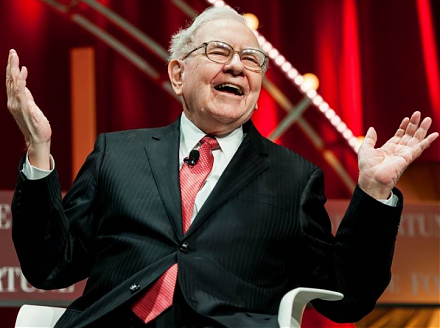
Warren Buffett offloads a few stocks from the Berkshire Hathaway portfolio in mid-November 2018. The latest S.E.C. report shows that the Oracle of Omaha sol
2025-05-21 04:27:10 Wednesday ET
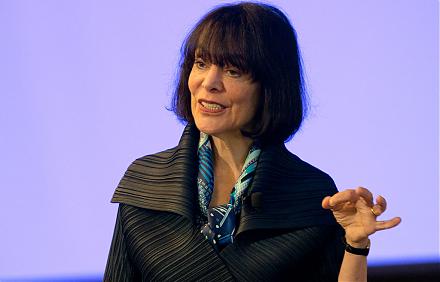
Carol Dweck describes, discusses, and delves into the scientific reasons why the growth mindset often helps motivate individuals, teams, and managers to acc
2018-08-09 16:36:00 Thursday ET
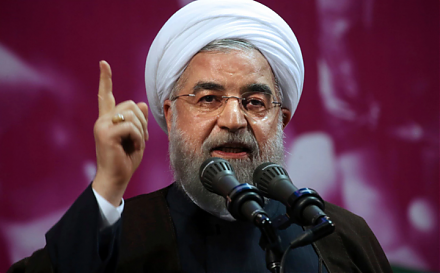
President Trump applies an increasingly bellicose stance toward the Iranian leader Hassan Rouhani as he rejects a global agreement to curb Iran's nuclea
2019-11-19 09:33:00 Tuesday ET

American unemployment declines to the 50-year historical low level of 3.5% with moderate job growth. Despite a sharp slowdown in U.S. services and utilities
2018-03-21 06:32:00 Wednesday ET
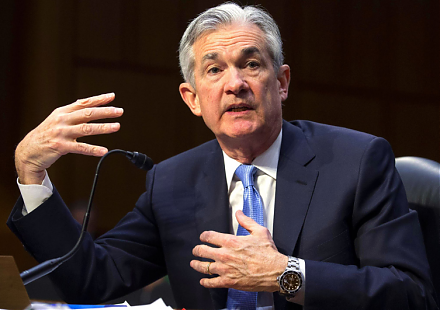
Fed Chair Jerome Powell increases the neutral interest rate to a range of 1.5% to 1.75% in his debut post-FOMC press conference. The Federal Reserve raises
2017-10-09 09:34:00 Monday ET
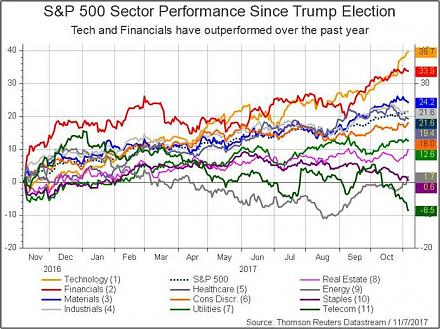
The current Trump stock market rally has been impressive from November 2016 to October 2017. S&P 500 has risen by 21.1% since the 2016 presidential elec